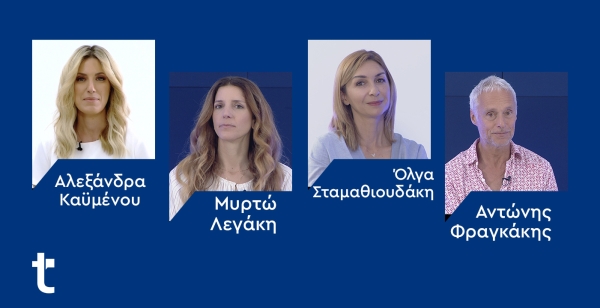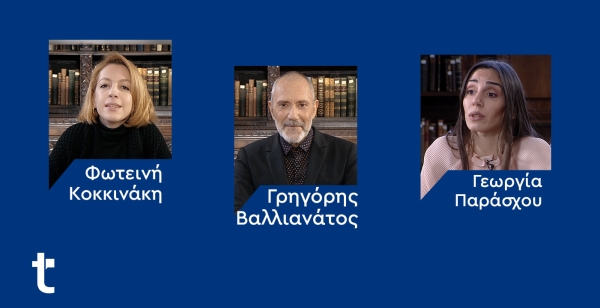Artificial intelligence and Big Data: Innovative solutions to contemporary needs
.Intelligent electronic machines take over many of our daily routine tasks as well as more difficult and complex tasks.
How likely are scenarios to create machines that will think faster and smarter than the human beings who create them?
Moderator
Elena Papadimitriou
Experts
Yannis Gikopoulos, Chief Innovation Officer and Head of AI & Analytics, Qualco group
Alexandros Nousias, Collaborating Researcher, The AI Lab, Institute of Informatics and Telecommunications | National Centre for Scientific Research "Demokritos"
Valerio Matola, composer, founder of the Kallos Group, co-founder of the GATE AI project and Director of the technology company Advantech Greece
In 1956, John McCarthy defined artificial intelligence as the development of intelligent systems that will think and act like human beings. Many decades later, this specific definition should be enriched with valuable content. In 2022, scientists and companies are leveraging artificial intelligence and Big Data to create products and services with enormous economic and social impact. Intelligent electronic machines take over many of our daily routine tasks as well as more difficult and complex tasks. However, their connection and contribution to economic and social analysis and development remains a question.
- What is the modern definition of Artificial Intelligence and what do we define as Big Data?
- Can Artificial Intelligence and Big Data analysis provide solutions to all the current problems that humanity faces?
- Which sciences work with Artificial Intelligence and Big Data to create applications and products?
- What are some examples of Artificial Intelligence applications with a social and economic footprint?
- What is the next step that scientists are working on to improve the daily life of modern man? Any examples?
- How likely are scenarios to create machines that will think faster and smarter than the human beings who create them?
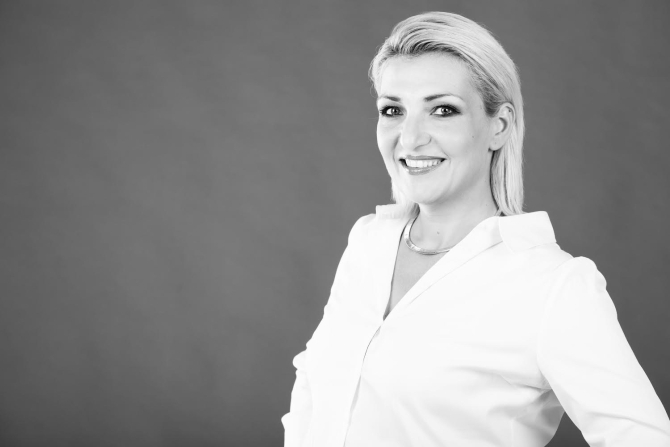
Elena Papadimitriou was born and raised in Thessaloniki. She studied Journalism and Mass Communication at the Aristotle University of Thessaloniki, including a semester of studies in The Hague under the European Erasmus program. She completed her postgraduate studies in Political Science and Sociology at the University of Athens. She has been working in the press and electronic media since her student years. From 2003 to 2006 she worked as an editor of free and cultural reporting in the newspaper CITYPRESS. During the period 2006 - 2014 she was a member of the journalism team of the morning news program of MEGA, writing at the same time as contributor for five years in protagon.gr. In July 2014, she started working in SKAI television and radio, covering international reporting in the main newscast and presenting news bulletins and shows. She has covered important events of European and international affairs in recent years, sometimes with long television broadcasts, in journalistic missions to places like Moscow, Turkey, Italy and Belgium. Maintaining to this day the longing for major festivals and concerts, she has traveled to dozens of European cities for cultural events, writing articles in a number of media. She speaks English, French and Italian.
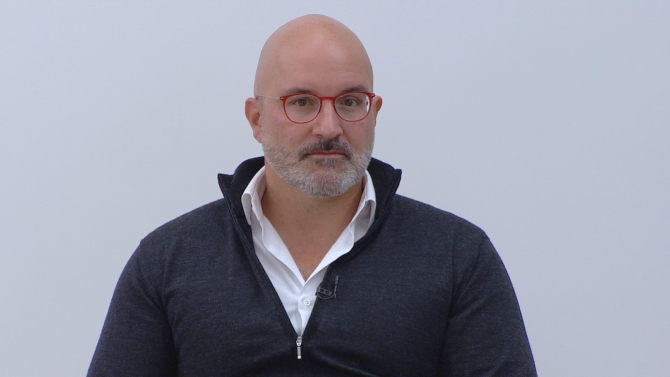
At Qualco, Mr. Gikopoulos is responsible for planning the group's strategy. He leads acquisitions and mergers activities, coordinates partnerships through the Enablement Office and oversees the organisation's incubation initiatives. At the same time, he is responsible for defining the activities of the Applied Intelligence business unit, focusing on the implementation of digital transformation projects through AI & Analytics technologies for the group's clients. Prior to joining the organisation, Mr. Gikopoulos worked as Global Head AI & Automation at Infosys Consulting. Earlier, and for more than 13 years, he led the creation of innovative solutions using cutting-edge technologies at McKinsey & Co. Mr. Gikopoulos holds a degree in Mechanical Engineering from the University of Manchester.
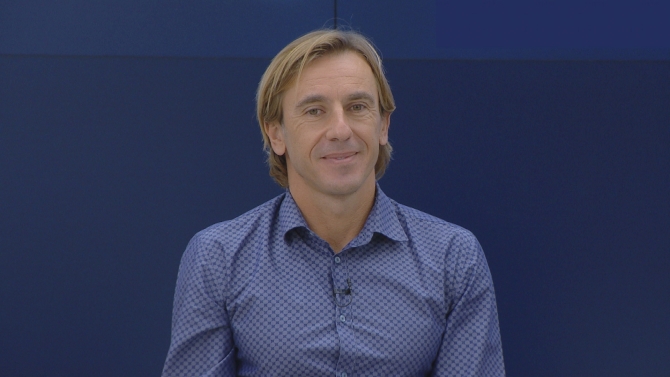
Alexandros is an IP, privacy professional and ethics officer affiliated with research institutions and corporate organisations and a Singularity University alumni. He operates both in the market and within the context of H2020/Horizon Europe and delivers workshops and training in the corporate environment and the Academia in the discipline of Applied Data Ethics & Legal Compliance. Interested in efficiency and fairness, Alexandros focuses on the emerging information design, the implications of its advances and its must-have values and components. He is a MyData Global Initiator and co-runs MyData Greece Hub.
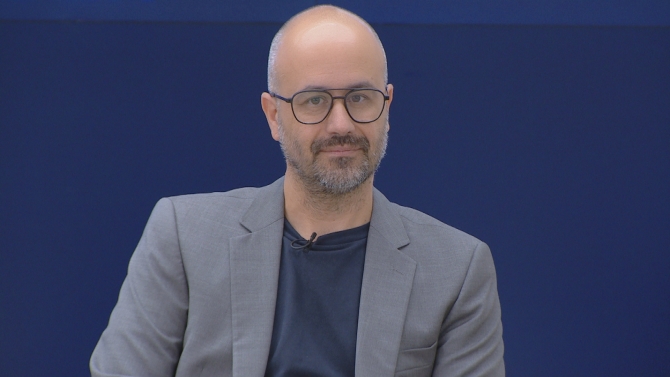
Valerio Matola is a composer, founder of the Kallos Group, co-founder of the GATE AI project and Director of the technology company Advantech Greece.
His compositions cover a wide range of music. Orchestral, choral, chamber music, small ensembles, poetry set to music, piano compositions, as well as compositions for film and video art, in collaboration with American and European directors, in productions with international presence at festivals, such as the Sundance film festival and Berlinale .
In 2016 he signed a collaboration in Los Angeles with the music group Pacifica, for music in Hollywood productions and the American television network. In 2017, the Sundance festival institute included him among the 35 finalists, among 800 nominated film composers from around the world, for a workshop with important directors at the Lucas Arts studios in San Francisco.
In the summer of 2021, as part of the Rocca celebrations in Crete, at the big classical music concert, he presented to the public for the first time, the trilogy he composed, to the poetry of Angelos Sikelianos, performed by the Thesis trio, with soprano Irini Tsirakidou, cellist George Kaloudis and pianist Dimitra Kokkinopoulou.
For the last 12 years he has been the director of the multinational cutting-edge technology company Advantech in Greece. In 2020 he founded the Kallos Group, a non-profit organisation whose members are renowned artists and academics. The aim of the group is to search, research and promote new ideas, forms and aesthetics of contemporary creation, as well as to investigate the evolution of the purpose, values and ethics of creation as they are shaped in the new era.









